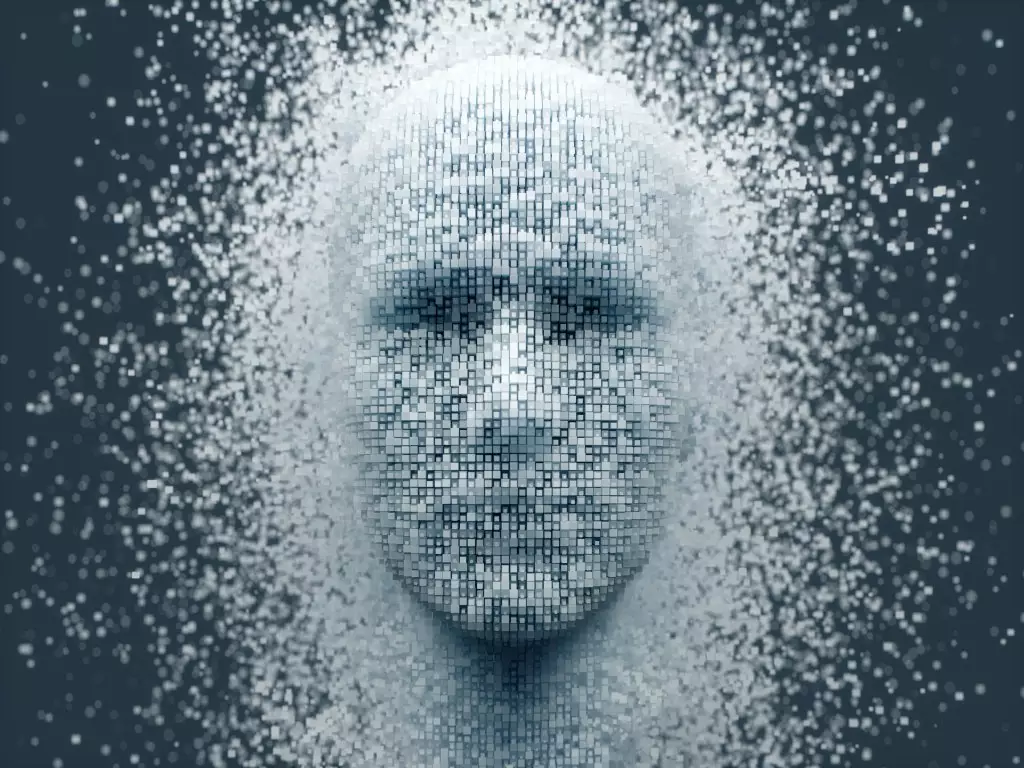The emergence of artificial intelligence within the entertainment sector has sparked a revolutionary debate, one that transcends mere technological advancement and calls into question fundamental ethical principles. Thousands of actors in the UK are voicing their alarm over the unwarranted exploitation of their likenesses through “digital scanning” without proper consent. This issue has reached boiling point, highlighted by an open letter from Equity, the actors’ union, underscoring that transparency around the use of personal data and performances is not merely a luxury but a necessity for safeguarding artists’ rights.
The involvement of notable actors such as Tamsin Greig and Alan Davies lends weight to these concerns. While the world celebrates technological progress, the chilling reality is that these same advancements threaten the very essence of artistic integrity and creativity. If actors are to be reduced to mere data points, how can we genuinely value the unique contributions each individual makes to their craft? The irony is stark: while AI offers new frontiers of creativity, it simultaneously poses a dire risk of commodifying human expression.
Negotiation or Nuisance?
In the face of looming negotiations between Equity and the producer trade body Pact, the stakes couldn’t be higher. The chilling specter of AI-driven performances looms large as Equity prescribes necessary protections for its members. One cannot help but question why these negotiations have dragged on for over a year without significant progress. The tantalizing prospect of innovation should invigorate discussions, not serve as a wedge issue.
Equity’s call for prioritizing AI safeguards exposes the critical fault lines within the industry. While Pact remains mum, it faces a growing backlash from the very people it represents. The stakes extend beyond mere contractual clauses; they touch upon the essence of artistry itself, raising difficult questions about the future of creativity. If the status quo can be swayed by technological convenience, how will we preserve the richness of human narratives that have historically defined our culture?
Wielding the Power of Unity
In this High-Stakes showdown, proponents of artists’ rights understand that unity is paramount. The ability to stand together—1,500 actors signing a letter compelling Pact to act—demonstrates a collective resolve that could reshape the fabric of the industry. The open letter articulates the emotional and financial toll of this impending AI revolution, echoing deeper concerns about exploitation and erasure.
With Equity’s General Secretary Paul Fleming pledging readiness for industrial action, the union is establishing a narrative that insists on the necessity of informed consent, fair compensation, and genuine artistic representation. The notion that any deal lacking protections for performers constitutes an infringement on artistic values signals a much-needed paradigm shift toward recognizing the autonomy of individual creatives.
Moreover, the demands for clear guidelines around the usage of personal data for training AI models encapsulate a profound contradiction inherent in modern storytelling: can we authentically replicate the human condition without respecting its creators? If AI-generated performances become the norm, how will we measure the authenticity and emotional resonance that are hallmarks of artistic expression?
Looking Ahead: A Societal Responsibility
The unfolding situation compels us to reflect critically not just on the artistic landscape but also on societal responsibilities. As the UK government contemplates legislation requiring copyright holders to consent to the use of their data for training generative AI, it must grapple with the implications of such policies. Will they adequately empower creators, or will they further entrench a system ripe for exploitation?
Navigating the intersection of technology and artistry demands urgent, thoughtful discourse. To ignore the voices of those at the heart of the industry would be a grave misstep. In this age of relentless innovation, it is imperative to put human dignity and artistry at the forefront of our considerations, ensuring that the soul of creativity remains in the hands of those who truly breathe life into it. The ongoing battle against AI exploitation is not just about actors—it’s about understanding the future of culture and narrative itself.


Leave a Reply